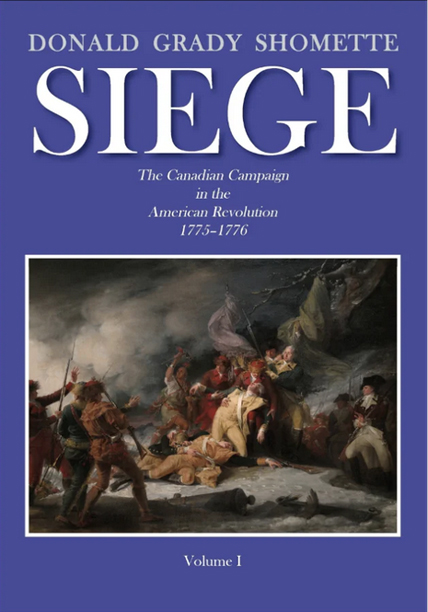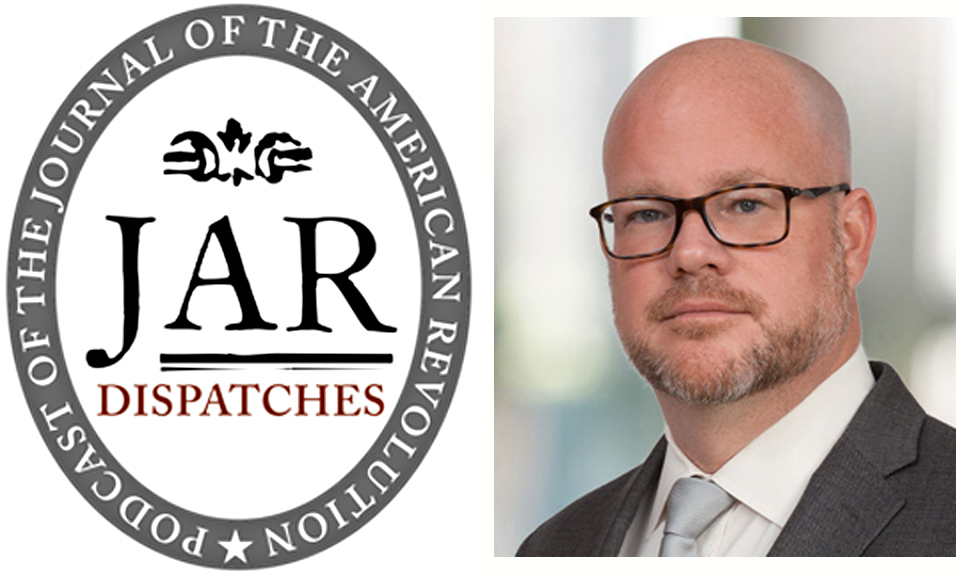Nathaniel Philbrick’s Bunker Hill: A City, a Siege, a Revolution is an extraordinarily well written narrative of Boston and the beginning of the American Revolution. Philbrick presents history in a compelling and dramatic manner that will engage even the hardest to reach non-history reader.
Despite a title that suggests a narrow focus on a single battle, Bunker Hill does a superb job setting the stage for the Siege of Boston and the climatic action that took place on Breed’s Hill. Coverage of the Committees of Correspondence is outstanding. One may grumble that some other aspects such as the Tea Party and the raid on Fort William and Mary could have been treated more thoroughly but even in a book reaching 400 pages it is clear that not everything can be detailed in a single volume. What is presented is an outstanding overview.
Maps are essential to understanding the story and following the action. Fortunately excellent, clearly readable and simple maps are provided.
The  book provides outstanding coverage of the big picture of what was happening, who was doing it and why. However, the strong reliance upon 19th century secondary sources to add details and color to the narrative is disappointing. Much of what was written in the 19th century falls into the category of legend, hearsay, or simply entertaining stories that do not always stand up well to historical scrutiny.
book provides outstanding coverage of the big picture of what was happening, who was doing it and why. However, the strong reliance upon 19th century secondary sources to add details and color to the narrative is disappointing. Much of what was written in the 19th century falls into the category of legend, hearsay, or simply entertaining stories that do not always stand up well to historical scrutiny.
One minor example: during the fighting near Concord’s North Bridge (page 142) Reverend William Emerson “spent much of the morning” caring for residents of Concord who had gathered in the yard of his home. He stopped after “his wife had huffily tapped on the window pane and motioned for him to come inside and pay attention to her.” A look at the endnotes [page 327] reveals that this information came from Emerson’s great-granddaughter who stated that Emerson’s wife told her the story. This appears to be more likely a family legend than historical fact.
Another example: a far more significant doubtful detail concerns an astonishing clandestine meeting between the president of the Massachusetts Provincial Congress, Dr. Joseph Warren, and the loyalist Dr. John Jeffries. The meeting allegedly took place in British occupied Boston a few days before the battle of Bunker Hill. Philbrick writes (p. 191-193) that “it should come as no surprise that on a night in the middle of June he was headed to a secret rendezvous in British-occupied Boston.” Warren rowed with “oars muffled” across the Charles River under cover of darkness “past the many warships anchored between Charlestown and Boston.” This is high drama, indeed. The purpose of the meeting was for Warren to invite the loyalist doctor to abandon the British and become the rebel army’s surgeon general. The offer is refused and Warren sneaks back across the Charles River to safety.
Upon consulting the endnotes [page 335] one learns that the source for this incredible story is a May 22, 1875 letter from Dr. Jeffries’ son, “derived from statements of my father.” Jeffries, the father, had died in 1819. The story also appears in History of Bunker Hill Battle, with a Plan written by Samuel Swett, published in 1826. In Swett’s book [page 58], Dr. Jeffries casually mentions to General Howe, while identifying Warren’s body on the battlefield, that “Warren had five days before ventured over to Boston in a canoe to get information, invited Jeffries to join the Americans…” There is no source listed in the Swett book for this account. It may be that Jeffries’ son, writing in his old age, remembered the story from Swett’s book. To his credit Philbrick includes in the endnote that Boston historian J.L. Bell “doubts that the meeting between Warren and Jeffries ever happened.” However, if one were simply to read the text of the book, and not the endnotes, the problems inherent with this unlikely meeting story would not be known as the text gives no indication that there is any possibility that the event never took place.
This entertaining book is excellent for the general public and certainly helps make the American Revolution come alive for non-scholars. Scholars, historians and those who are moderately knowledgeable may object to the use of more tenuous sources rather than substantiated evidence in an effort to make already dramatic historical events even more dramatic.









2 Comments
What book would you recommend with less heightened drama and more facts on the battle of Bunker Hill?